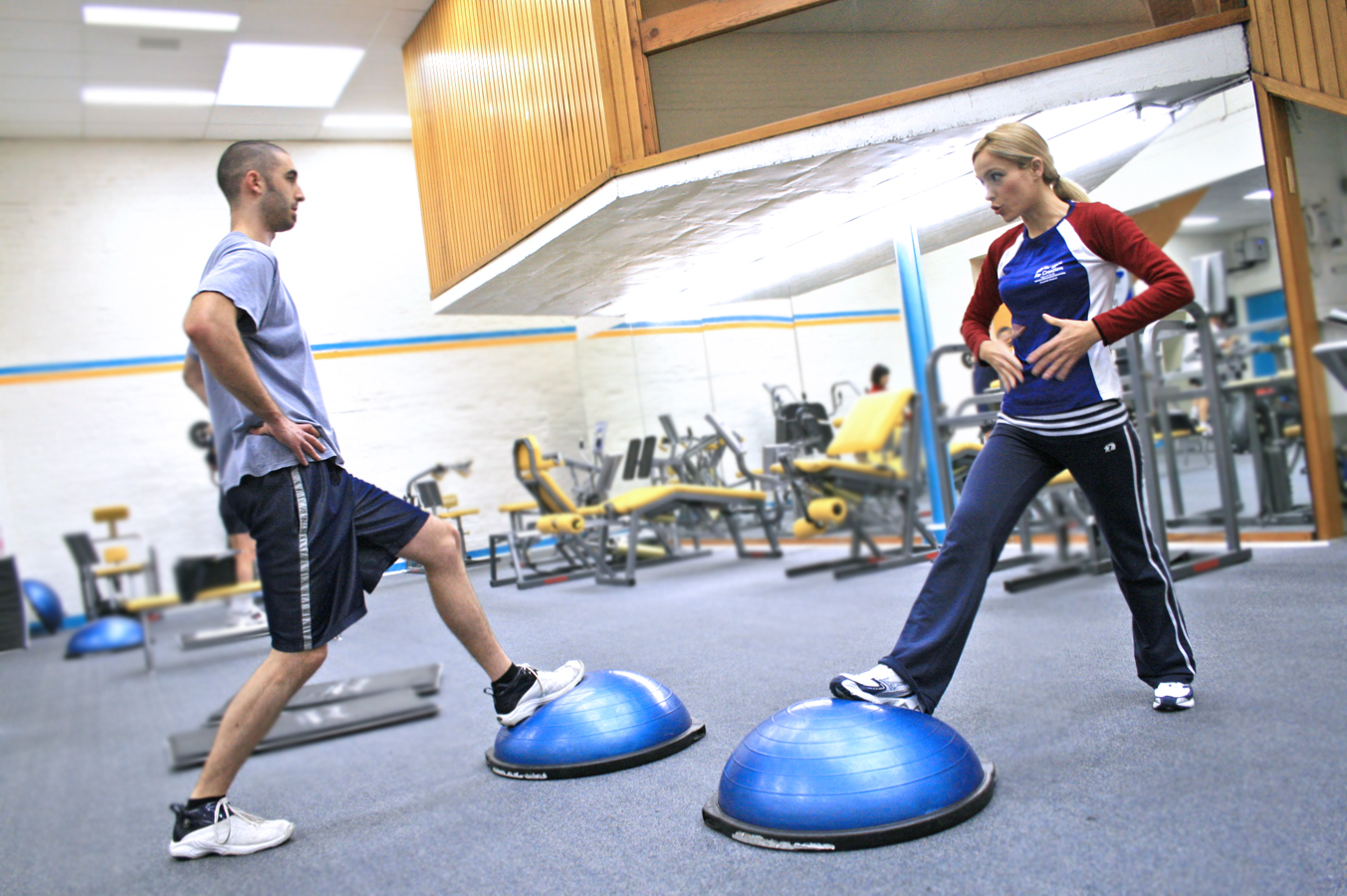What do I need to know about diet?You’ll find differing opinions regarding a diabetic diet on the Internet. There are some diabetic diets that are available that are high in carbohydrates but I do not recommend these for my patients. High carbohydrate diets are a causative factor in type II diabetes. We can control blood sugar levels with medication despite eating high carbohydrate diet, however it appears to be counterproductive to eat large, carbohydrate concentrated meals. Carbohydrates come in the form of sugars and starches.If you attend a diabetic class you will learn about the glycemic index. The glycemic index is a total amount of carbohydrate minus the total amount of fiber in a giv...
Read full articleLiving With Diabetes




